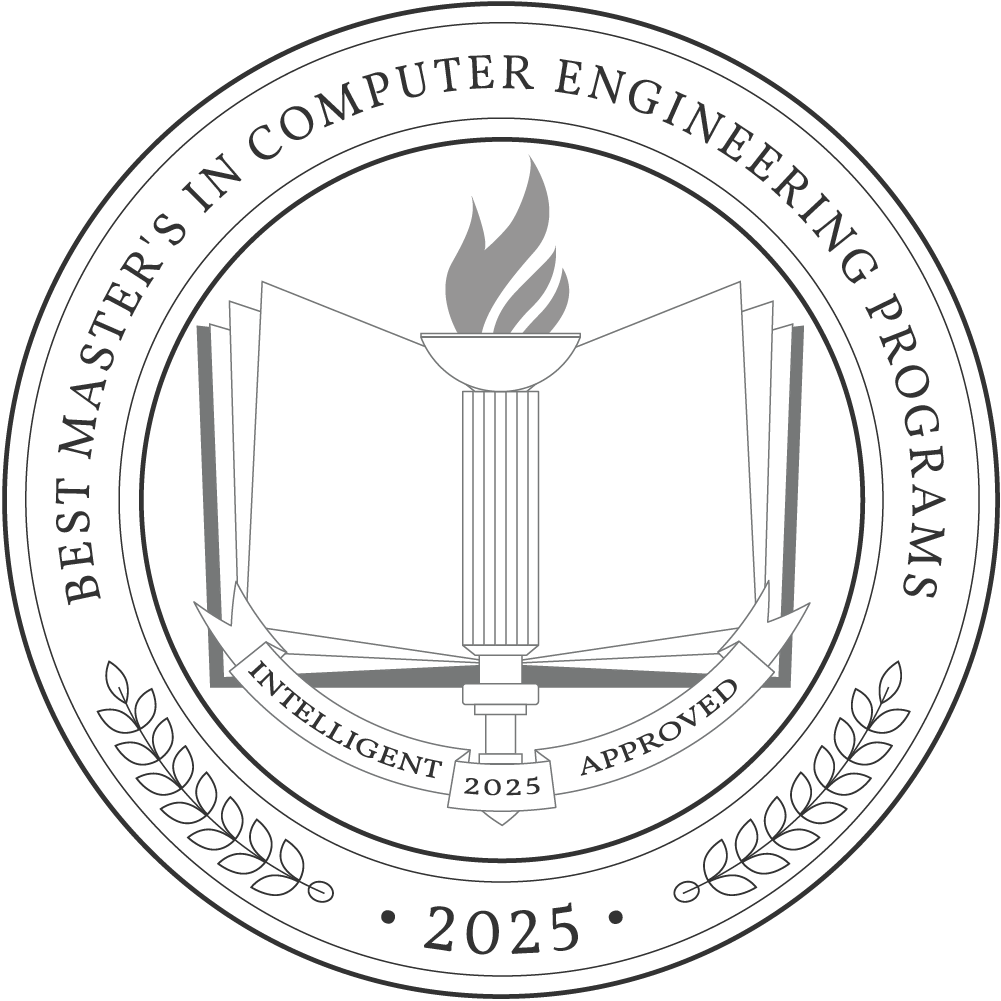A master’s in computer engineering is a surprisingly versatile degree, providing opportunities for graduates across various sectors, including telecommunications, aerospace, defense, electronics, and manufacturing, alongside the traditional field of computer design.
While a bachelor’s degree may suffice for entry-level positions, a master’s degree is often the key to achieving higher-level leadership and management roles. For instance, careers in computer and information systems management reported median salaries of $164,070 in 2022, and computer hardware engineering positions offered median salaries of $132,360 the same year.
Most often, completing this degree takes 18 months to two years for full-time students to complete, with tuition averaging $19,749 for the 2020-2021 academic year — making it an investment in future earning potential and career advancement.
Why Trust Us
The Intelligent.com Higher Education Team is dedicated to providing students with independent, equitable school and program rankings and well-researched resources. Our expert-driven articles cover topics related to online colleges and programs, paying for school, and career outlooks. We use data from the U.S. Department of Education’s College Scorecard, the National Center for Education Statistics, and other reputable educational and professional organizations. Our academic advisory team reviews content and verifies accuracy throughout the year for the most current information. Partnerships do not influence rankings or editorial decisions.
- Analyzed over 2,000 national, accredited, and nonprofit colleges and universities
- 800+ rankings pages are reviewed and updated yearly
- Content is informed by reputable sources, surveys, and interviews with academic advisors and other experts
- Over 100 data points are reviewed for accuracy and quality throughout the year, including sources
How we rank schools
Our list features the best Computer Engineering degree programs at top colleges nationwide. Each school featured is a nonprofit, accredited institution — either public or private — with a high standard of academic quality for post-secondary institutions.
We evaluated each school’s program on tuition costs, admission, retention and graduation rates, faculty, reputation, and the student resources provided for online students. We collected data from trusted sources like the National Center for Education Statistics, individual school and program websites, school admissions counselors, and other data sources. Then, we calculated the Intelligent Score on a scale of 0 to 100 based on the following criterion:
Academic Quality:
- Admission rate versus enrollment rate
- Retention rate of students who return after year one
- Accreditation status (regional and programmatic)
- Nonprofit status, both private and public institutions
Graduation Rate
- Overall graduation rate
- Total number of currently enrolled students, including diversity metrics
- Student-to-faculty ratio
Cost and ROI
- In-state and out-of-state per-credit tuition rates and fees
- Required credits to graduate
- Earning potential after graduation
- Availability of federal student loans, scholarships, and other financial aid options
Student Resources
- Available student services for online-only and hybrid programs
- On-campus amenities like tutoring centers and the number of libraries
Read more about our ranking methodology.
Best 36 Accredited Master’s in Computer Engineering Programs
FiltersInstitution Type
Status
- Intelligent Score
- Alphabetically By University Name
- Acceptance Rate
- Enrollment
- In-state Graduate Tuition
- Out-of-state Graduate Tuition
- In-state Undergraduate Tuition
- Out-of-state Undergraduate Tuition
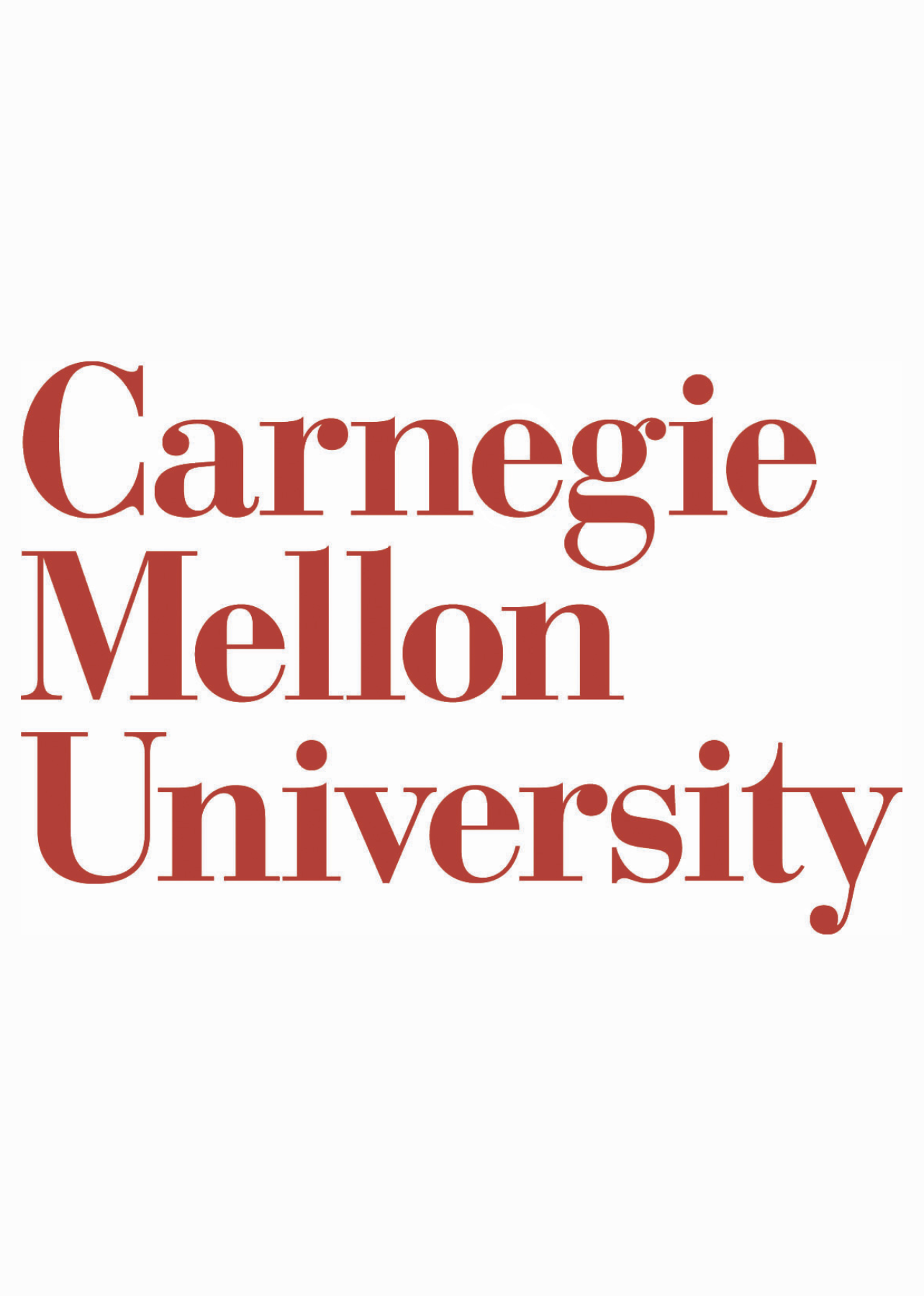
Carnegie Mellon University
Intelligent Score: 98.56In-state: $57,560
Out-of-state: $57,560
In-state: $46,441
Out-of-state: $46,441
SAT: 1460-1560
ACT: 33-35
$1,184
On-Campus
Middle States Commission on Higher Education
97
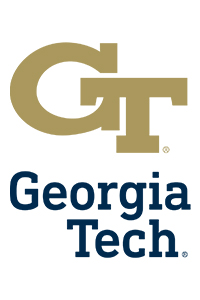
Georgia Institute of Technology
Intelligent Score: 95.96In-state: $28,106
Out-of-state: $49,218
In-state: $27,898
Out-of-state: $27,898
SAT: 1370-1530
ACT: 31-35
In-State: $687
Out-of-State: $1,423
On-Campus
Southern Association of Colleges and Schools Commission on Colleges
30

University of Illinois Urbana-Champaign
Intelligent Score: 95.7In-state: $14,317
Out-of-state: $33,824
In-state: $15,016
Out-of-state: $15,016
SAT: 1200-1460
ACT: 27-33
Resident: $672
Non-Resident: $1,276
On-Campus, Online
Higher Learning Commission
32

Columbia University in the City of New York
Intelligent Score: 94.08In-state: $57,864
Out-of-state: $57,864
In-state: $49,024
Out-of-state: $49,024
SAT: 1460-1570
ACT: 33-35
$2,462
On-Campus
Middle States Commission on Higher Education
30
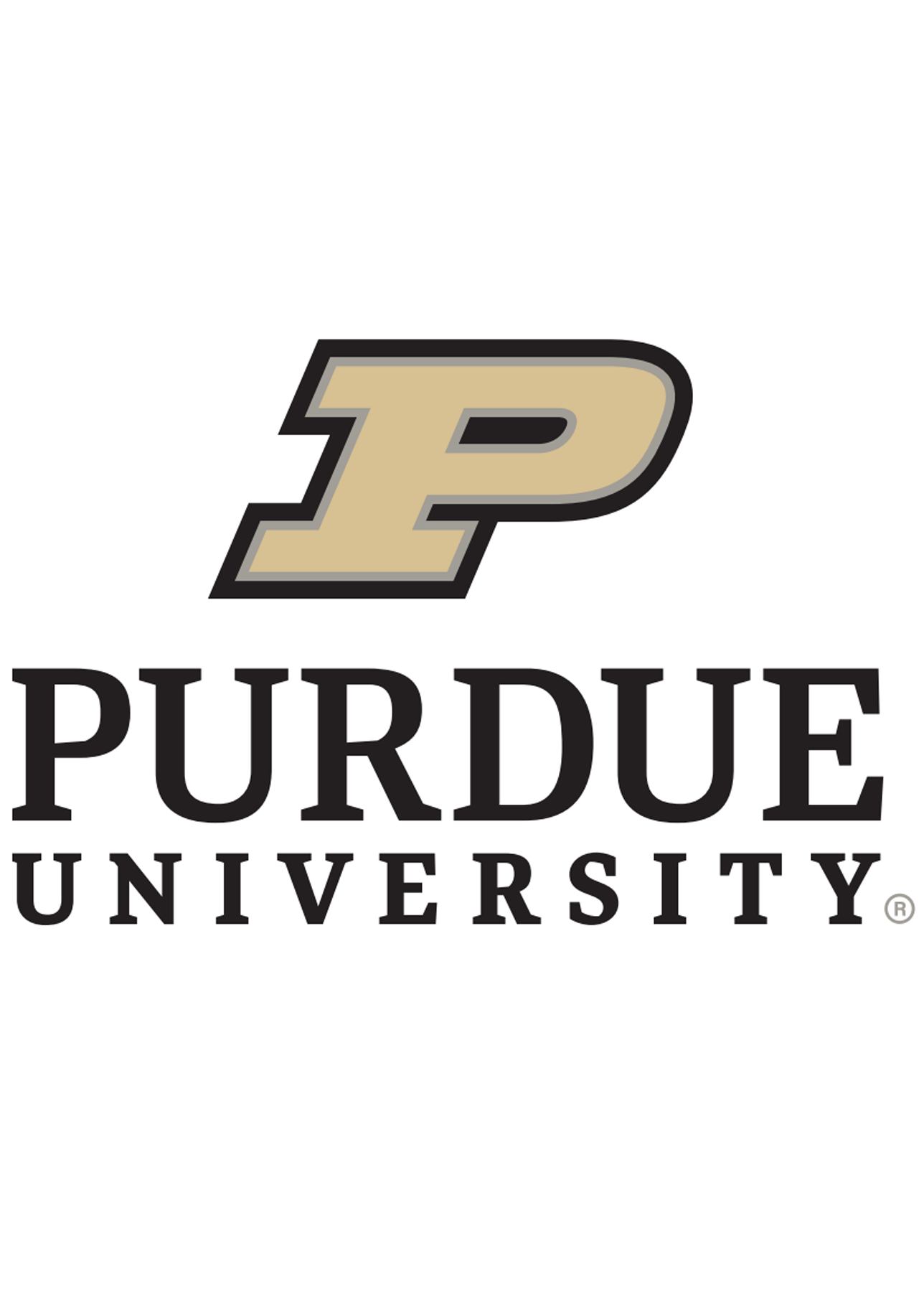
Purdue University
Intelligent Score: 92.64In-state: $9,208
Out-of-state: $28,010
In-state: $9,208
Out-of-state: $9,208
SAT: 1170-1420
ACT: 25-33
Resident: $741
Non-Resident: $1,994
On-Campus, Online
Higher Learning Commission
30
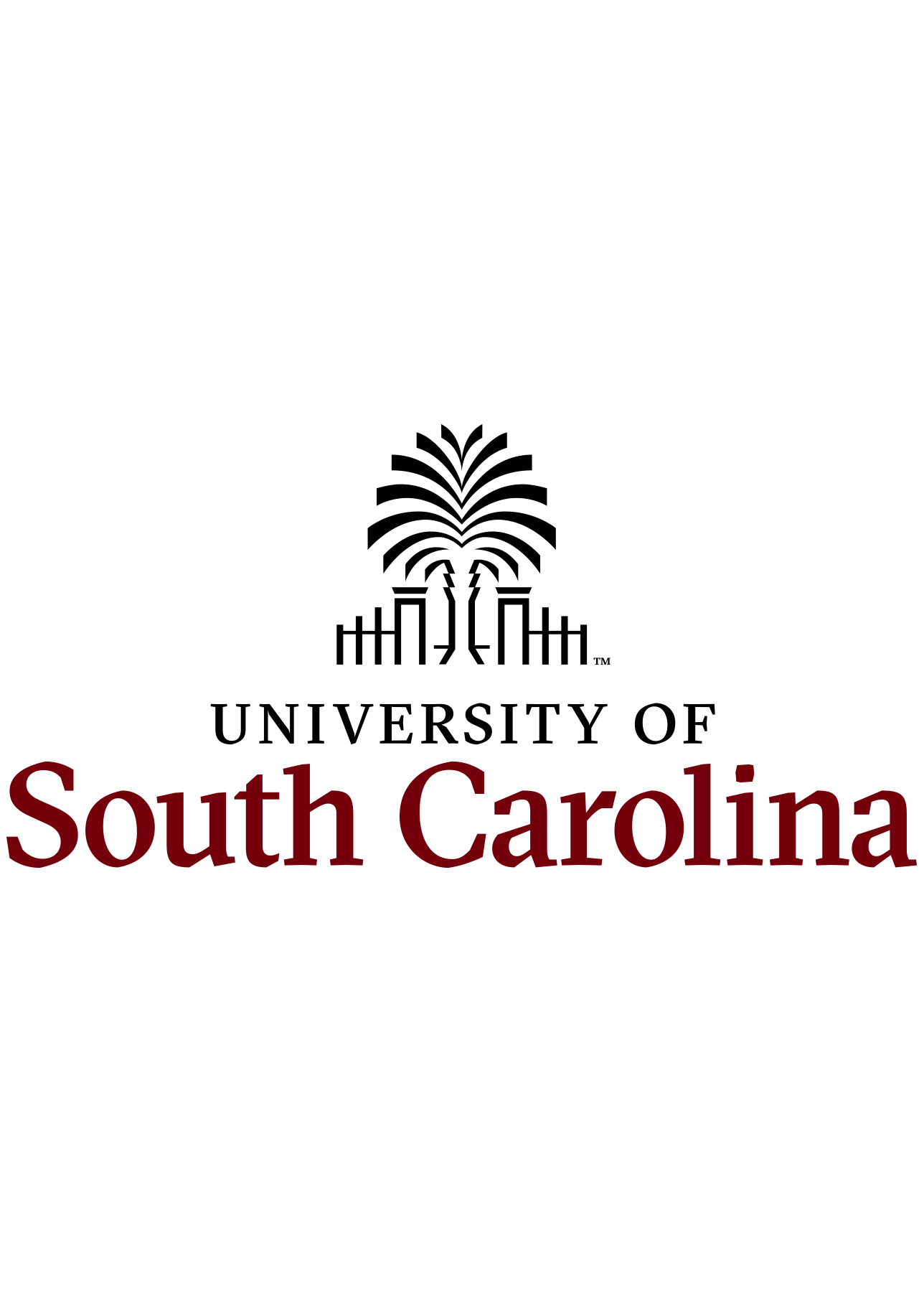
USC Viterbi
Intelligent Score: 92.09In-state: $12,288
Out-of-state: $33,528
In-state: $13,737
Out-of-state: $13,737
SAT: 1140-1340
ACT: 25-31
$2,543
On-Campus, Online
Western Association of Schools and Colleges Senior College and University Commission
28

Cornell University
Intelligent Score: 90.72In-state: $58,586
Out-of-state: $58,586
In-state: $29,500
Out-of-state: $29,500
SAT: 1400-1540
ACT: 32-35
$2,279
On-Campus
Middle States Commission on Higher Education
30

The Ohio State University
Intelligent Score: 89.44In-state: $10,615
Out-of-state: $32,599
In-state: $11,560
Out-of-state: $11,560
SAT: 1210-1430
ACT: 26-32
Resident: $896
Non-Resident: $2,745
On-Campus
Higher Learning Commission
30

Northwestern University
Intelligent Score: 89.43In-state: $58,227
Out-of-state: $58,227
In-state: $56,067
Out-of-state: $56,067
SAT: 1430-1550
ACT: 33-35
$1,917
On-Campus
Higher Learning Commission
48
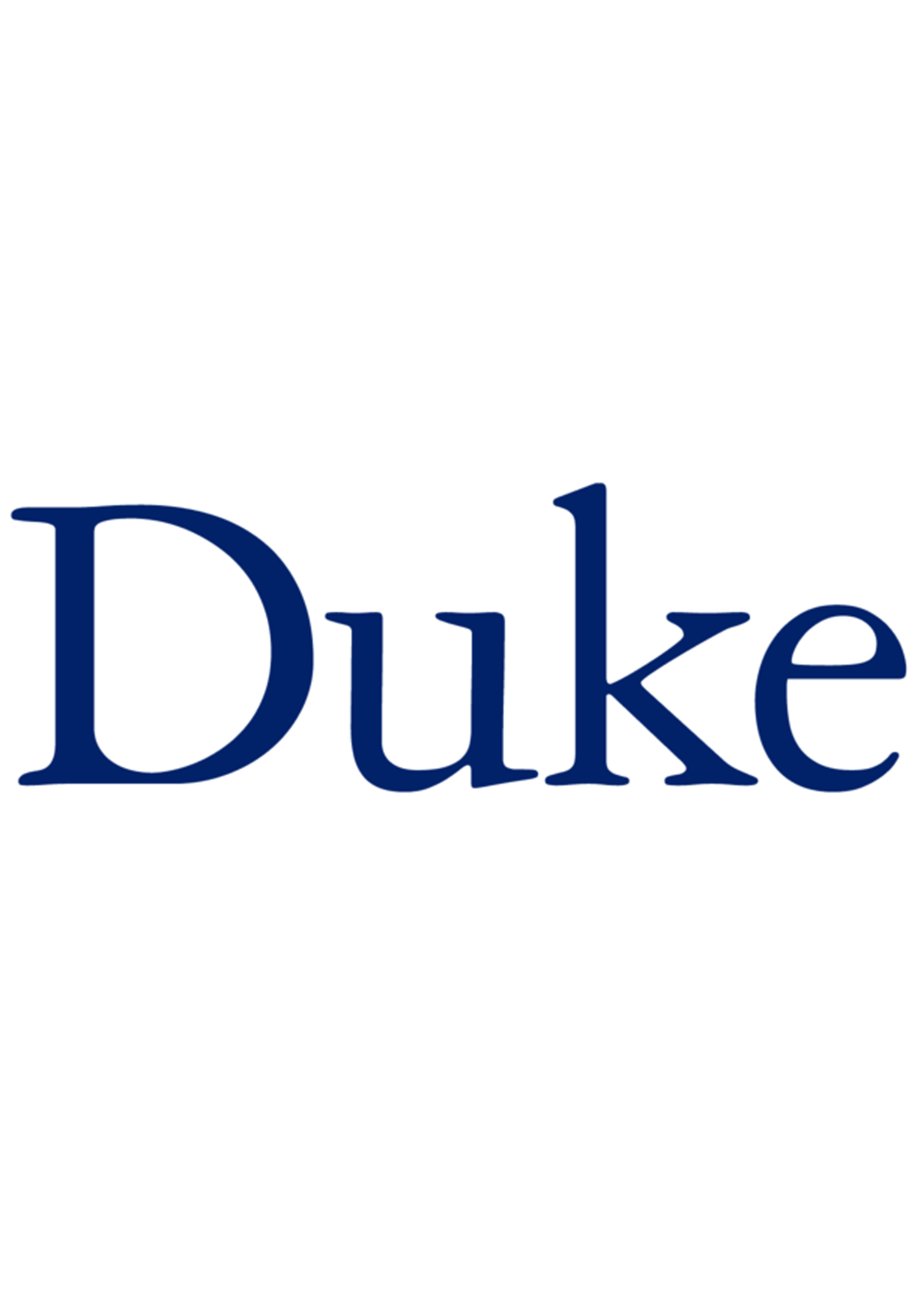
Duke University
Intelligent Score: 89.26In-state: $55,880
Out-of-state: $55,880
In-state: $57,900
Out-of-state: $57,900
SAT: 1470-1570
ACT: 34-35
$3,631
On-Campus
Southern Association of Colleges and Schools Commission on Colleges
30

University of Maryland
Intelligent Score: 88.63In-state: $8,824
Out-of-state: $34,936
In-state: $13,158
Out-of-state: $13,158
SAT: 1270-1480
ACT: 30-34
Resident: $828
Non-Resident: $1,805
On-Campus
Middle States Commission on Higher Education
30
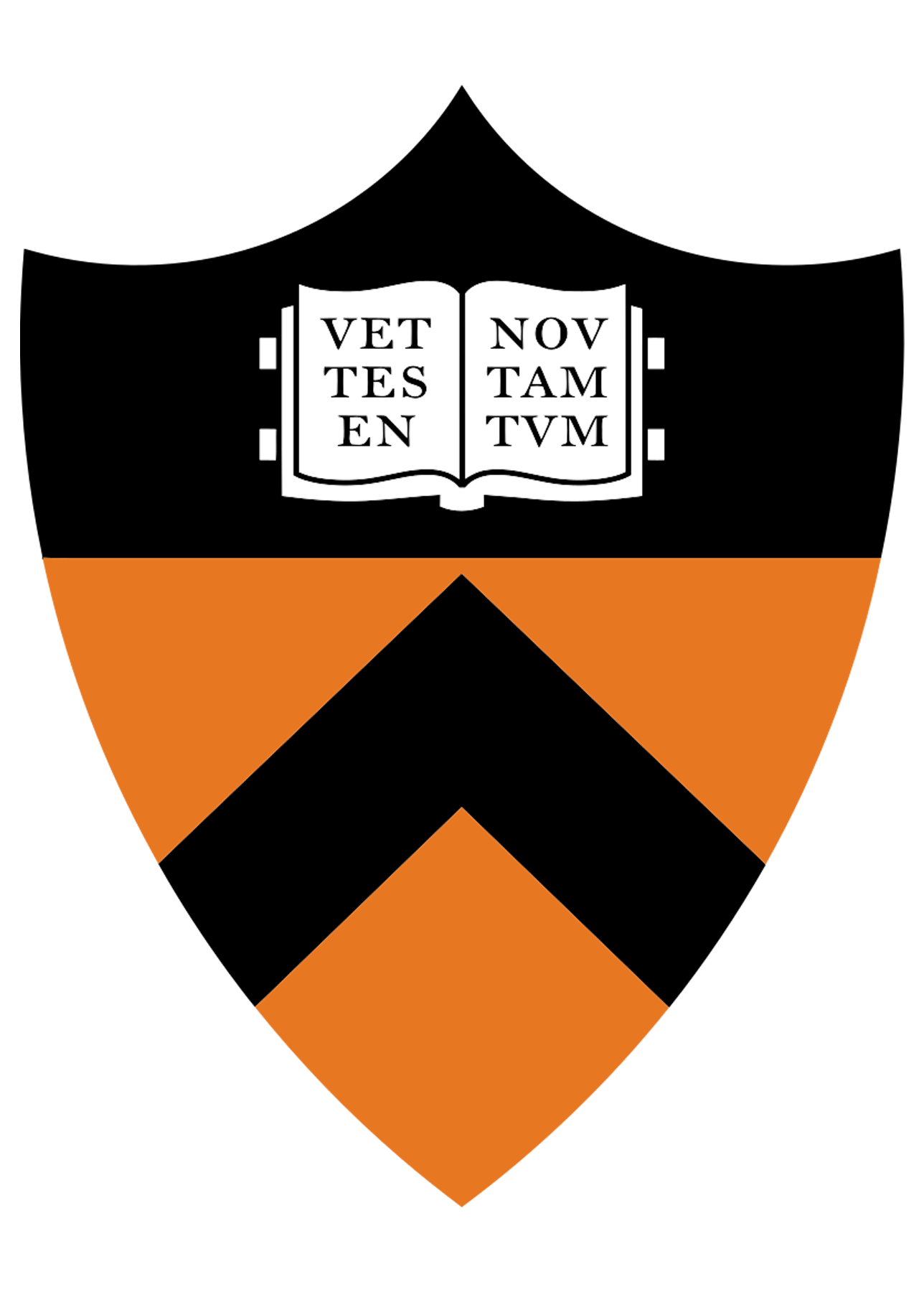
Princeton University
Intelligent Score: 87.67In-state: $48,502
Out-of-state: $48,502
In-state: $53,890
Out-of-state: $53,890
SAT: 1450-1570
ACT: 32-35
$2,487
On-Campus
Middle States Commission on Higher Education
24

University of California, Los Angeles
Intelligent Score: 86.17In-state: $11,442
Out-of-state: $41,196
In-state: $11,442
Out-of-state: $11,442
SAT: 1310-1530
ACT: 30-35
Resident: $1,007 - $1,295
Non-Resident: $1,846 - $2,374
On-Campus
Western Association of Schools and Colleges Senior College and University Commission
28-36

Texas A & M University-College Station
Intelligent Score: 84.62In-state: $8,395
Out-of-state: $36,849
In-state: $6,775
Out-of-state: $6,775
SAT: 1160-1380
ACT: 26-32
Resident: $1,287
Non-Resident: $1,819
On-Campus
Southern Association of Colleges and Schools Commission on Colleges
30
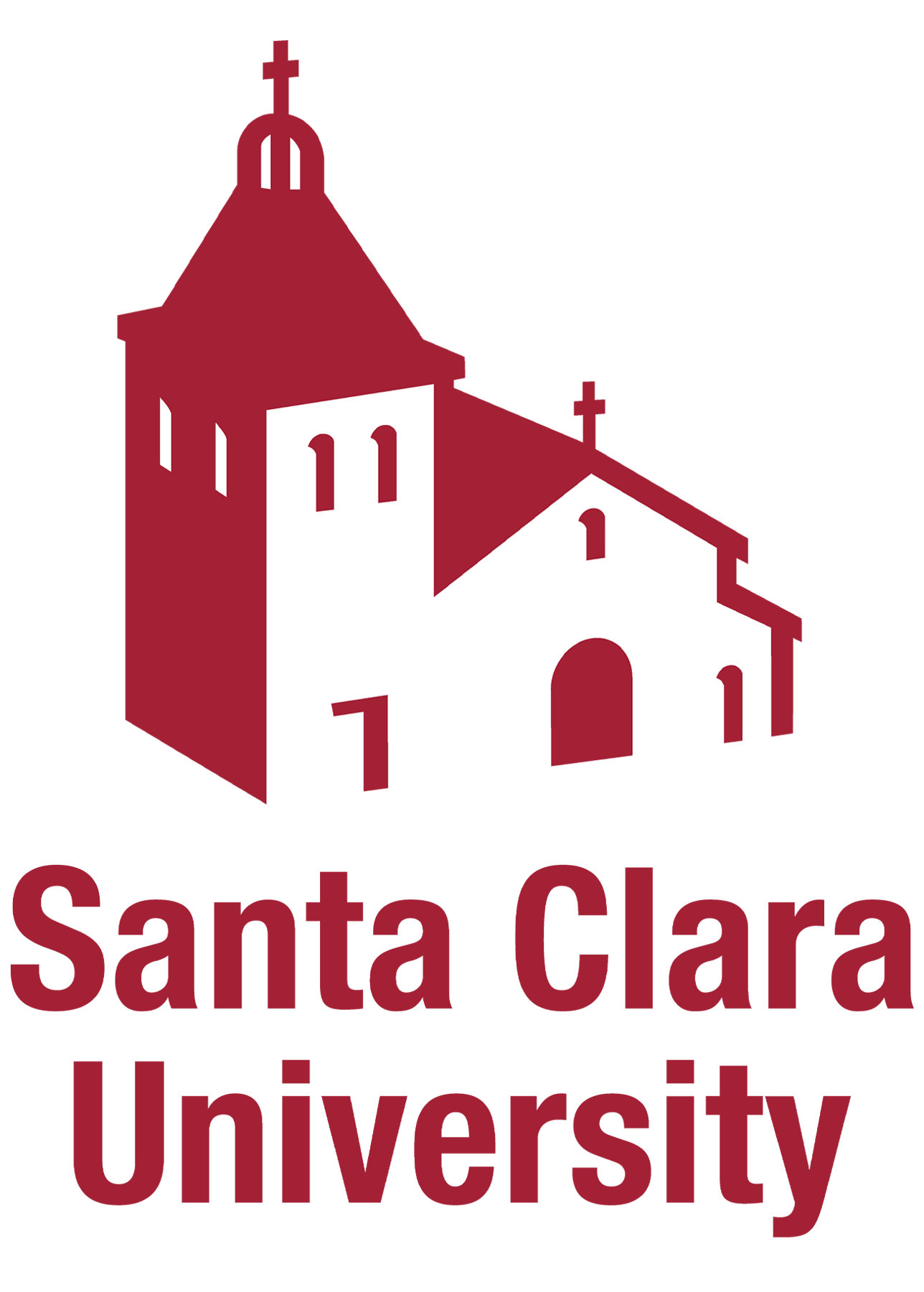
Santa Clara University
Intelligent Score: 83.15In-state: $52,998
Out-of-state: $52,998
In-state: $23,507
Out-of-state: $23,507
SAT: 1270-1450
ACT: 28-32
$1,160
On-Campus
Western Association of Schools and Colleges Senior College and University Commission
46
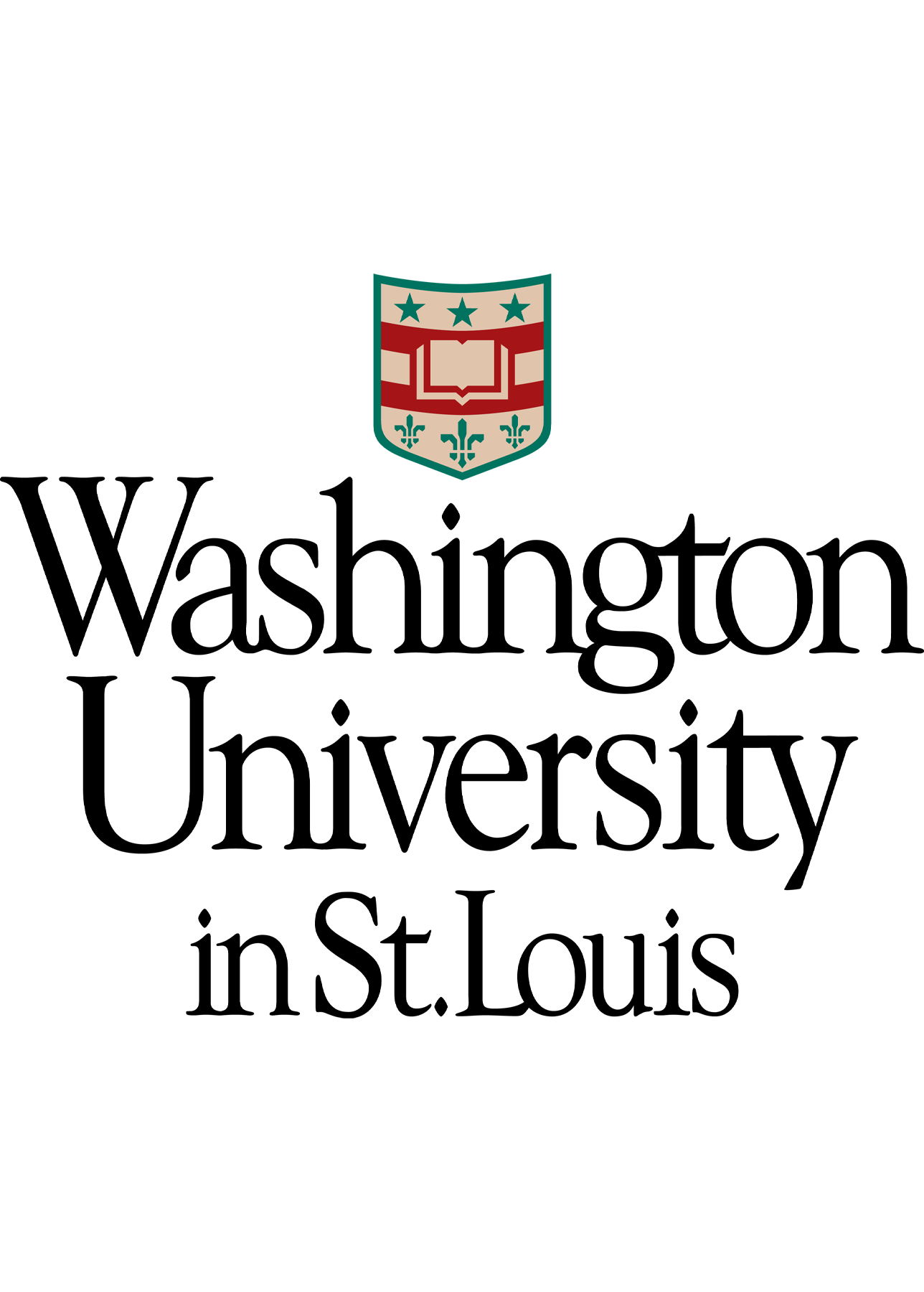
Washington University in St. Louis
Intelligent Score: 82.99In-state: $56,300
Out-of-state: $56,300
In-state: $56,300
Out-of-state: $56,300
SAT: 1480-1560
ACT: 33-35
$2,284
On-Campus
Higher Learning Commission
30

Johns Hopkins University
Intelligent Score: 82.54In-state: $54,160
Out-of-state: $54,160
In-state: $57,010
Out-of-state: $57,010
SAT: 1470-1560
ACT: 34-36
$1,756
On-Campus, Online, Hybrid
Middle States Commission on Higher Education
30

University of Florida
Intelligent Score: 81.72In-state: $4,477
Out-of-state: $25,694
In-state: $10,770
Out-of-state: $10,770
SAT: 1290-1460
ACT: 29-33
In-State: $849
Out-of-State: $2,008
On-Campus
Southern Association of Colleges and Schools Commission on Colleges
30
How to Choose a Master’s in Computer Engineering Program
Choose your area of study
Identifying an area of study, or specialization, for your master’s in computer engineering can help ensure that your studies align with your career goals, ultimately narrowing your focus to only the programs that can support your interests.
For example, students interested in the intricacies of microchip design and manufacturing will excel in VLSI design. At the same time, those passionate about protecting data from cyber threats may opt to concentrate in network security. Individuals fascinated by hardware or software integration in devices may thrive focusing on embedded systems, and those intrigued by creating intelligent systems that learn and adapt may prefer machine learning.
Research schools and programs
You’ll need to conduct thorough research to find schools and programs that align with your specialization and professional goals. Consider asking the following questions to get a better idea of which schools best suit your educational needs.
- How does the curriculum align with current industry trends?
- Does a recognized accreditation body accredit the program?
- What career services and networking opportunities are available for students?
- Who are the faculty, and what experience do they have in my field of interest?
Most of this information can be found on university websites, but many students benefit from contacting an admissions counselor or attending an information session or open house.
Prepare for tests and applications
Now that you know the schools you’d like to attend, you can prepare for tests and applications. This process can be overwhelming, but you can simplify your preparation by creating a detailed timeline.
For instance, if your programs require GRE scores, you’ll want to enroll in a test prep program four to six months before applications are due to maximize your study time. Begin drafting your personal statement three to four months in advance, allowing ample time for revisions. Lastly, request transcripts and ask for letters of recommendation two to three months ahead to ensure you have everything ready when applications are due.
Organizing your preparation with a timeline will help you approach each component thoughtfully, improving the quality of your application.
Select your program
Once acceptance letters arrive, you may have a significant decision to make. This is an excellent time to revisit your initial research criteria, focusing on the aspects that are the most important to you — including specialization fit, program resources, and faculty you’re excited to learn from. Additionally, evaluating the total cost of attendance, alongside any financial aid offers, is crucial.
By approaching this decision comprehensively, you can select a program that aligns with your academic and professional goals and your financial means.
Determine how you’ll pay for your degree
Paying for a graduate education can feel intimidating, but it doesn’t have to be. By carefully managing financial aid resources, you can reduce or eliminate the need for debt, making your graduation education more affordable.
This may involve exploring scholarships and grants, which don’t require repayment, making them a top option. In addition, many programs offer teaching or research assistantships, providing tuition waivers or stipends in exchange for work. If you’re currently employed, ask your employer about tuition reimbursement programs. After this, some students may need to consider federal loans, which can help bridge financial gaps. Prioritize subsidized loans and borrow only what is necessary to keep your debt burden minimal.
What Can You Expect From a Master’s in Computer Engineering Program?
A master’s in computer engineering offers an advanced exploration of theory and practical skills in hardware and software design, systems integration, and computational technology. Depending on the institution, your school may offer either a Master of Science (MS) or Master of Engineering (MEng) pathway.
While these degrees have some differences, you can expect to encounter subjects like computer architecture, network design, embedded systems, computer science, data science, and cybersecurity in most curricula, preparing you for the challenges of developing innovative computing solutions. MS programs typically emphasize research, culminating in a thesis that illustrates an in-depth study, while MEng tracks might favor a capstone project or course, providing a hands-on approach to applying and demonstrating acquired knowledge.
Most full-time students complete this degree in 18 months to two years, although those who opt for part-time enrollment can extend this timeline, with many of these programs allowing students up to five years to complete their studies.
Potential courses you’ll take in a master’s in computer engineering program
- Advanced Computer Architecture: Frequently a core component, this course delves into the design and analysis of high-performance computer architectures. Students learn about parallelism, pipelining, cache organization, and the impact of architectural choices on the performance and efficiency of computing systems.
- Embedded Systems Design: Another standard course in most curriculums, this class focuses on integrating hardware and software in specialized computing systems. Topics often include microcontroller programming, real-time operating systems, and system-on-chip design. Students gain hands-on experience in designing, implementing, and optimizing embedded systems for various applications.
- Quantum Computing: An emerging area in computer engineering, this course introduces the principles of quantum computing, including relevant algorithms and error correction. Learners explore the potential of quantum computers and their impact on cryptography, optimization, and simulation tasks, preparing them for contributions to this innovative field.
- Network Security: This course analyzes the principles and practices of securing computer networks. Students learn about cryptographic protocols, network vulnerabilities, intrusion detection and prevention systems, and how to design secure networks against attacks. Practical assignments may include simulating attacks and devising strategies for defense.
Master’s in Computer Engineering Degree Frequently Asked Questions
How do I apply to a master's in computer engineering degree program?
While admissions requirements vary by institution, many programs share common criteria. Generally, applicants are expected to meet the following:
- A bachelor’s degree in computer engineering or a related field
- Transcripts from all previously attended institutions
- Letters of recommendation
- Statement of purpose
- Resume or CV detailing relevant work experience
- GRE scores, although this may be optional in some programs
It’s crucial to connect with an admissions counselor before applying. These professionals can ensure that you understand any specific prerequisites required by certain schools and the application details unique to your chosen program.
How much does a master's in computer engineering degree cost?
The cost of these degree programs varies widely by institution, but for the 2020-2021 academic year, the average tuition for graduate programs was $19,749. However, it’s important to note that this figure doesn’t account for additional expenses like commuting, housing, living costs, and textbooks and course materials, which can significantly increase the overall cost of earning your degree. It’s essential to research and plan for these extra expenses to get a comprehensive understanding of the total financial commitment required for your education.
How long does it take to earn a master's in computer engineering degree?
Earning this degree takes full-time students about 18 months to two years, while part-time students may need up to five years to complete degree requirements.
Full-time enrollment is ideal for those who can dedicate significant time to their studies. In contrast, part-time study is often a popular choice for working professionals or those with considerable personal commitments, such as caretaking or raising a family.
You’ll also want to carefully evaluate the total number of required credits for each program, as this directly influences the program duration, regardless of enrollment type. Most programs require 30 to 36 credits, although there may be some outliers — either more or less than the typical range.
